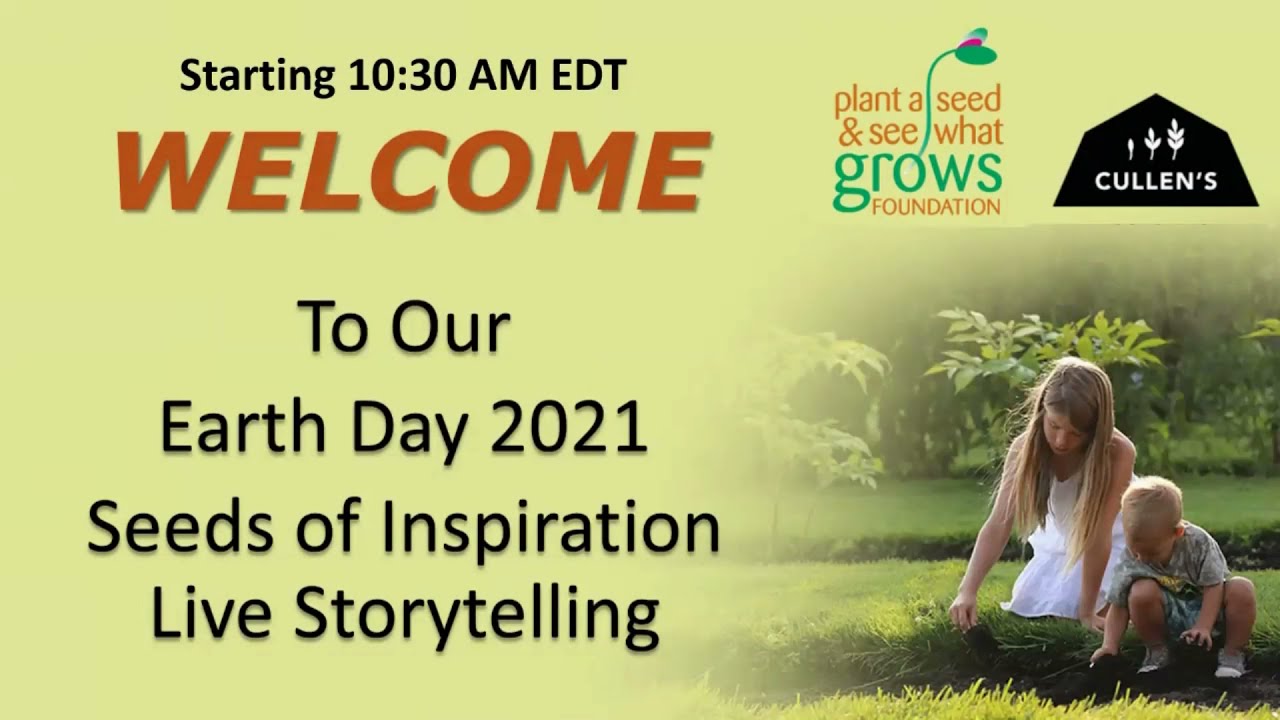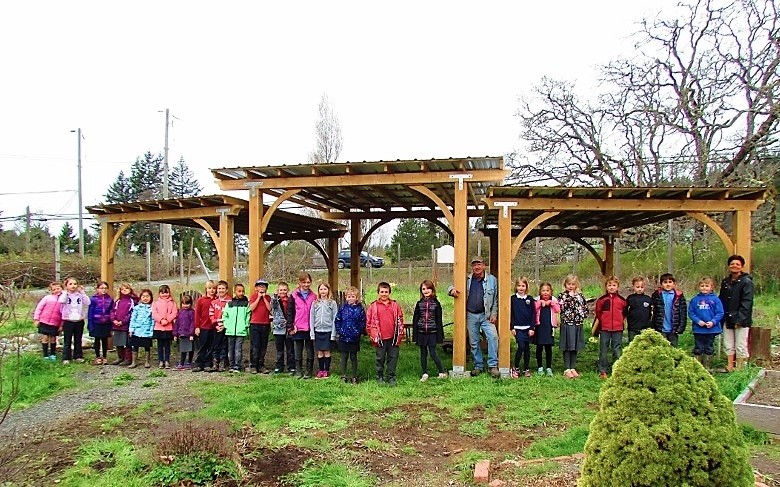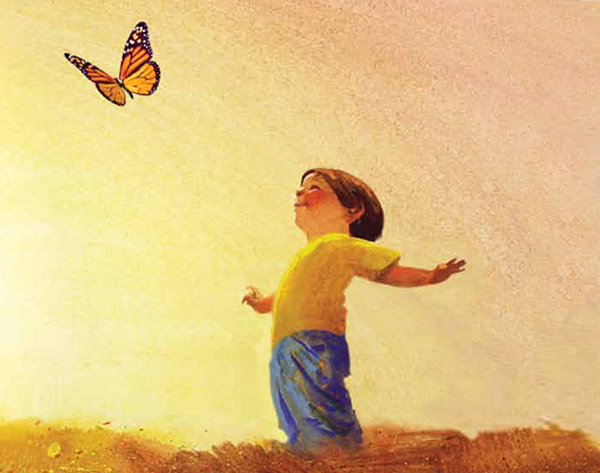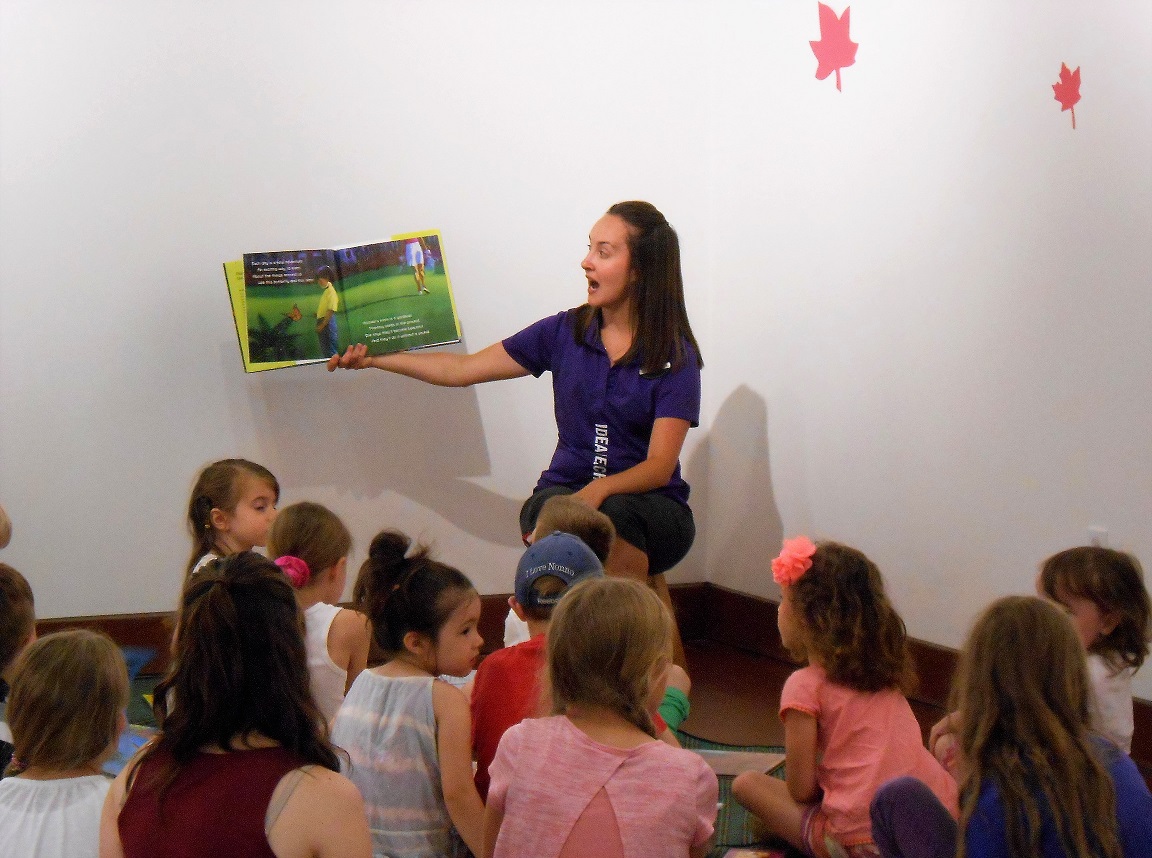World Wildlife Day is a United Nations designated affair to celebrate and raise awareness of the world’s wild animals and plants. It lands on March 3 of each year, and while the species of our planet deserve attention every day, we suggest saving the date to slot in activities with your kids to teach them about how the planet’s animals depend upon our support, and vice versa.
4 Activities You and Your Children/Students Can Do To Recognize World Wildlife Day
1. Connect to the Theme
The UN designates a new theme each year. This provides you with the inspiration to match an activity accordingly. For example, in 2019, the theme is “Life below water: for people and planet“, which aligns with the UN’s Sustainable Development Goals. Given that marine wildlife has sustained human civilization and development for thousands of years, providing food, nourishment, medicine and building materials, in addition to offering cultural, recreational, and spiritual enrichment for people in so many ways, it’s certainly time to give back.
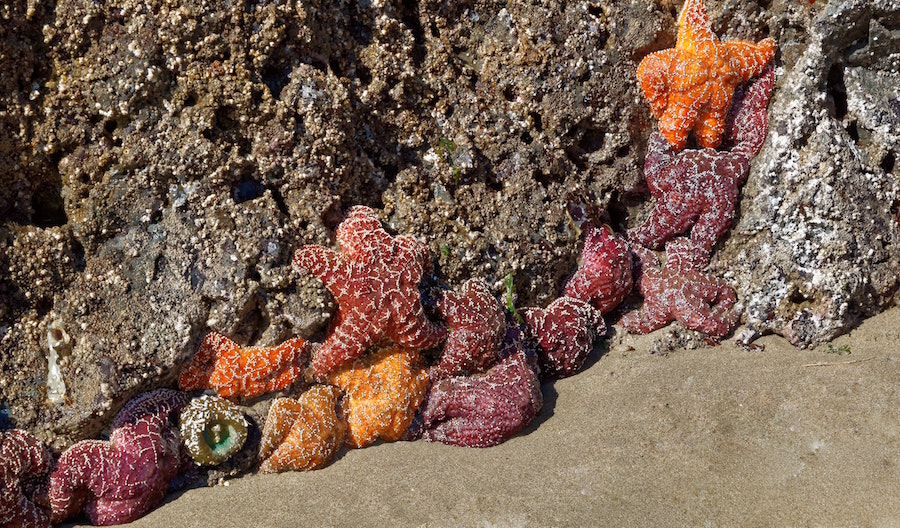
If you live near the ocean, opportunities for outdoor learning are boundless. You can take your children on a beach cleanup, or to study sea life found along the shoreline (crabs, starfish, etc.) along with tutorials about their place in the local and global ecosystem. If you don’t live near the ocean, a lake or even pond will substitute just fine. You can also include a visit to your local aquarium.
2. Take an Eco-Tour
If you live in Canada there’s a very good chance that there is an official eco-tour near your city or town. Some are group based and some are booked as a private tour. Need some examples? In BC there are numerous operations offering rainforest tours. They offer participants guided adventures through the breathtaking expanses of BC rainforests, covering everything from lush forest canopies, hidden waterfalls, caves, and more, with diverse wildlife found (and addressed) everywhere along the way.
It doesn’t matter where in our great country you live as there is a tremendous opportunity to find wildlife and learn about their habitat and connection to us as a populous. For instance, did you know that Manitoba is one of the best places in the world to see polar bears in their natural environment? All it takes is a little homework on your part and you can provide your kids with an outdoor lesson in local wildlife that will blow them away!
3. Teach Them About the Birds and the Bees
Wait, that came out wrong. No, it’s not time for that uncomfortable conversation. Instead we’re being literal as there is nary a more important topic to cover than this – pollinators. After all, the official mission of World Wildlife Day is to “raise awareness of the world’s wild animals and plants“.
Our world depends upon pollinating creatures more than most could ever know. Without certain species of birds in addition to bees and other insects our food and oxygen producing plants would cease to exist. That is why it is essential to teach our children about fauna and beneficial bugs, so that future generations understand the importance of protecting them.
While this may be a simple enough task for those of you living in rural communities with local farms and gardens at every turn, those living and educating in urban communities may feel powerless when it comes to finding inspiration. Fret not, because our Foundation has already provided a guide on how to introduce pollinators into an urban environment, no matter how densified and concrete-ridden it may be. In addition to getting involved (or starting) school or community gardens, you can visit a local apiary or bird sanctuary.
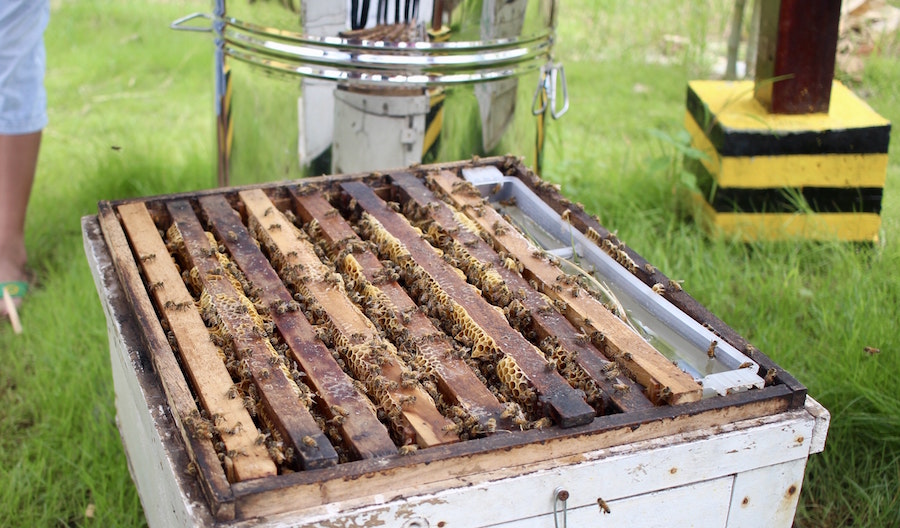
Our Foundation has also provided other pollinator guides that you can use to inspire many World Wildlife Day activities in your community:
- How to Start a Pollinator Garden
- Bee Crisis: It’s Time to be Aware
- How to Keep Beneficial Bugs in Your Garden All Year
- Why Your Garden Needs Bees and Wasps
4. Farm Visit
You don’t need to go to a zoo to experience the wonders of wildlife, especially if you want your kids to understand to how animals are connected to the concept of a self-sustaining community. There may be farm operations in your area that not only permit class visits, but offer programs for a more immersive experience, one that allows kids to witness how animals are a part of our country’s crop production. In fact, through the support of its founding member, Natural Factors, our Foundation provides a program of free farm visits to elementary and secondary schools in the Okanagan region of British Columbia.
If you would like to know more about the work of the Foundation, please sign-up to become a Friend of the Foundation.


